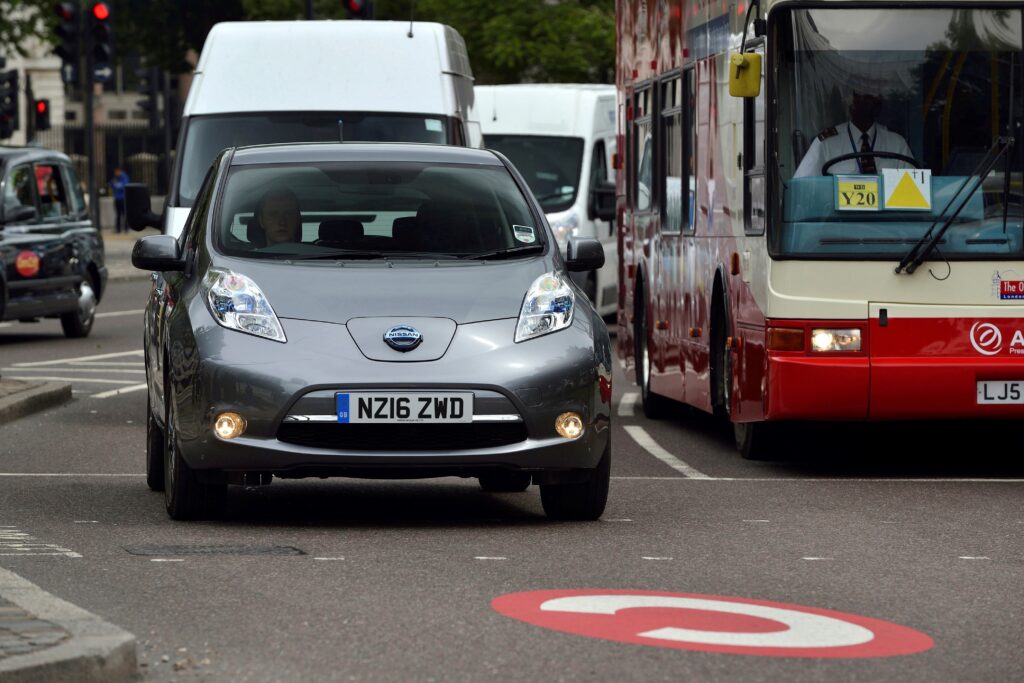DEMSIE OF THE DIESELS
- PostedPublished 2 March 2017
IT DOES not require the memory of an elephant to recall a time when diesel pumps were hidden around the back of petrol stations, in a slippery, smelly corner only trodden by the heavy boots of truckies.
The rise of diesel in Australasia came from a hard push by European brands to make the fuel more mainstream, followed by the trend toward SUVs and utes that have a more manageable thirst with an oil-burner under the bonnet.
According to the Australian Bureau of Statistics, between 2010 and 2015 the number of diesel passenger vehicles on the nation’s roads increased by 96.4 per cent, with diesel light commercials up 62.9 per cent. The total number of diesels went up a further 1.2 per cent in 2016 to make up 20.9 per cent of the total fleet.
But there is a growing and widespread belief that we are seeing the beginning of the end for diesel. Engine developers see more upside in extracting new levels of efficiency from petrol engines and hybrid technology is also advancing rapidly to fill the void that will be left by diesel.
Meanwhile more and more brands, particularly the Europeans that were so keen on exporting their diesel-powered models, have made big commitments to electric drivetrains.
Volkswagen’s emissions rigging scandal plays a part in this for sure, but even before the German giant – and increasing numbers of its rivals – were found to be cheating, the writing was on the wall.
In a move to reduce local air pollution, major cities are taking steps to ban diesel-powered vehicles from their CBD. So far Athens, Madrid, Mexico City and Paris have committed to this, with the French capital already restricting pre-1997 vehicles within its Périphérique ring road on weekdays.

London looks increasingly likely to follow suit and will start relieving drivers of older diesel cars within its Congestion Charge zone of a ‘toxicity charge’ from later this year, while Stuttgart will ban older diesels on days when air quality in the city is low.
Considering European countries have given diesel drivers substantial tax breaks for some time, these developments mark the start of a significant policy turnaround.
France, which hosts Europe’s third-biggest car population after Germany and Italy, has for decades been a strong diesel market, with demand for models using this fuel peaking in 2012 at 73 per cent of all new registrations.
Since then, diesel popularity has steadily slumped, powering just 52 per cent of new cars sold in France last year.
Recognising this shift in its home nation and globally, French component supplier Valeo is investing heavily to develop vehicle electrification technologies.
Valeo chairman and CEO Jacques Aschenbroich has commented in the media about the “trend downwards” of diesel versus the uptake of electrification.
At a recent stockmarket briefing in London, the Parisian firm assured investors they will soon reap returns from the strategy to pursue electrification, with sales targeted to hit €27 billion ($A37.75b) in 2021 at a 9.0 per cent operating profit margin, up from €16.5b and 8.1 per cent last year.
Valeo is aiming for market leadership in 48V ancillaries, electric superchargers and mild hybrid drivetrain systems.
- CategoriesIn SightGlass
- TagsSightGlass News Issue 9

